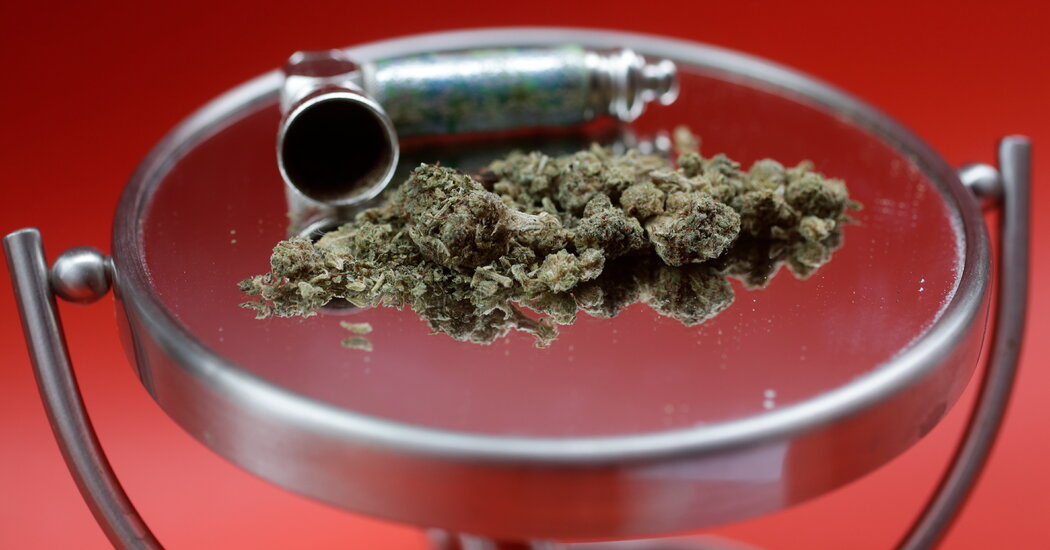
“It’s about availability, but also about peer acceptability,” said Dr. Kevin M. Gray, a professor of psychiatry and behavioral sciences at the Medical University of South Carolina. “Generally speaking, young people don’t see these substances as dangerous, but the consequences of using them are still there.”
Although the risks associated with psychedelics tend to be short-lived — overdoses are rare and most compounds are not addictive — experts stress the importance of using them with professional guidance. Some states have decriminalized psilocybin, but it and other popular psychedelics remain prohibited under federal law, though the Food and Drug Administration is expected to grant approvals for some therapeutic uses in the coming years.
With marijuana use, the dangers include the risks of impaired driving, the potential for addiction and the effects on mental health such as heightened anxiety, depression and temporary psychosis.
Many of those risks have increased alongside the potency of THC levels in cannabis, and more so with vaping products, said Sion Kim Harris, co-director of the Center for Adolescent Substance Abuse Research at Boston Children’s Hospital. Some vaping concentrates contain THC levels of 90 percent or higher and the increased potency, she said, has contributed to a spike in cannabinoid hyperemesis syndrome, a condition that causes recurrent vomiting in heavy marijuana users.
Overall, Professor Harris said she was encouraged by some of the survey’s trends, including the continued declines in tobacco use, especially among teenagers. The drop in smoking, she noted, highlighted the benefits of sustained and consistent public health messaging about the perils of tobacco. But she said the rise in drug and alcohol use among college-age individuals was worrisome, especially given the potential to form lifelong habits during those pivotal years. “Stress is a real contributor to increased substance use and it’s really been a tough time for millennials and Gen Z,” she said.
Dr. Volkow, the N.I.D.A. director, agreed. Given the normalization of formerly illicit substances, she said public health experts needed to come up with more nuanced and thoughtful ways of communicating the potential dangers of recreational drugs that also have therapeutic benefits.
“As a society, we tend to be very categorical about these things,” she said. “We say drugs are so bad they will fry your brains like an egg and then we undermine the evidence that they can be harmful, depending on the dose and the person who takes them. By making everything black and white, we lose all credibility.”
